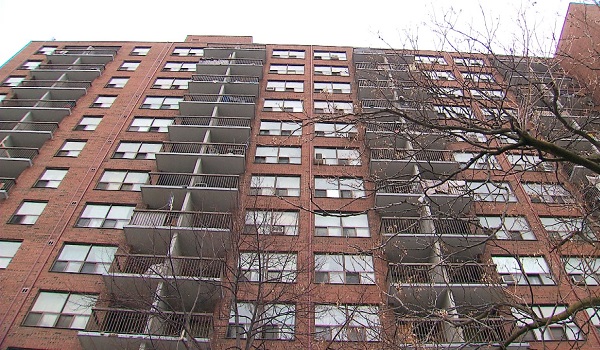Conversion of Airbnb to permanent housing won’t make a dent in housing crisis: StatCan
Less than 1 per cent of the country’s housing stock are Airbnbs and Vrbo rentals that could be turned into long-term rentals or permanent housing, according to a Statistics Canada study.
Housing experts have been trying to understand how short-term rentals (STRs) affect the housing market given that rental vacancy rates are below 2 per cent in major cities such as Toronto, Vancouver and Halifax.
The Statscan study attempts to measure the share of STRs that could be turned into more permanent housing. It found that the share is “generally small” nationally as well as in the cities.
An estimated 0.69 per cent of the country’s housing stock in 2023 was short-term rentals that had the potential to be long-term housing, the study said.
“The data suggest that STRs are not a pivotal factor on the long-term rental market,” said Aled ab Iorwerth, deputy chief economist with the national housing agency, Canada Mortgage and Housing Corp., who was not involved in the study.
“I don’t think it follows immediately that stopping a unit from being an STR will mean it’s immediately transferred into being a long-term rental,” he said.
The study relied on housing stock data from the census and Statscan, as well as short-term rental listings from AirDNA, a Denver-based real estate investor research firm that tracks short-term rental units listed on Airbnb and Vrbo.
The national estimate was based on Statscan housing stock data from 2023 and the municipal numbers were based on census information from 2021.
The study eliminated typical vacation properties such as cottages and chalets and only used short-term rentals where the entire unit was listed for rent for the majority of the year.
In Toronto and Vancouver, cities that have long struggled with affordable rental options, the percentage was 0.36 per cent and 0.45 per cent, respectively.
Both cities have implemented policies designed to ensure that homeowners are not removing potential long-term rental supply from the market by turning their condos and other housing units into STRs.
“When properties intended for long-term rentals are taken off the market, the overall housing supply decreases, making it harder for residents to find housing,” said Sarah Hicks, chief licence inspector with the City of Vancouver.
City of Toronto spokesperson Russell Baker made a similar comment. “Regulating short-term rentals is one of the city of Toronto’s several initiatives to preserve rental housing supply across Toronto,” he said in an e-mailed statement.
However, a spokesperson for Statscan said that the study could not be “directly used to estimate the impact on the availability” of rental units.
“We don’t know how many units would be converted into long-term rentals, versus sold into the stock of owner-occupied housing,” Statscan spokesperson Julien Abord-Babin said.
The study found that in Montreal, the percentage of STRs that could be turned into longer-term housing was 0.39 per cent. In the Ottawa-Gatineau area, the share was 0.26 per cent and in Calgary it was 0.33 per cent.
The study found that touristy areas had the highest share of Airbnbs and Vrbos that could be turned into long-term dwellings. For example, in popular ski resort areas such as Whistler, B.C., the percentage was 35 per cent. In Mont-Tremblant, Que., the share was 16.4 per cent.
Statscan said it did not study the impact on housing affordability and said the results should not be used to draw conclusions in that area.
This article was first reported by The Globe and Mail













